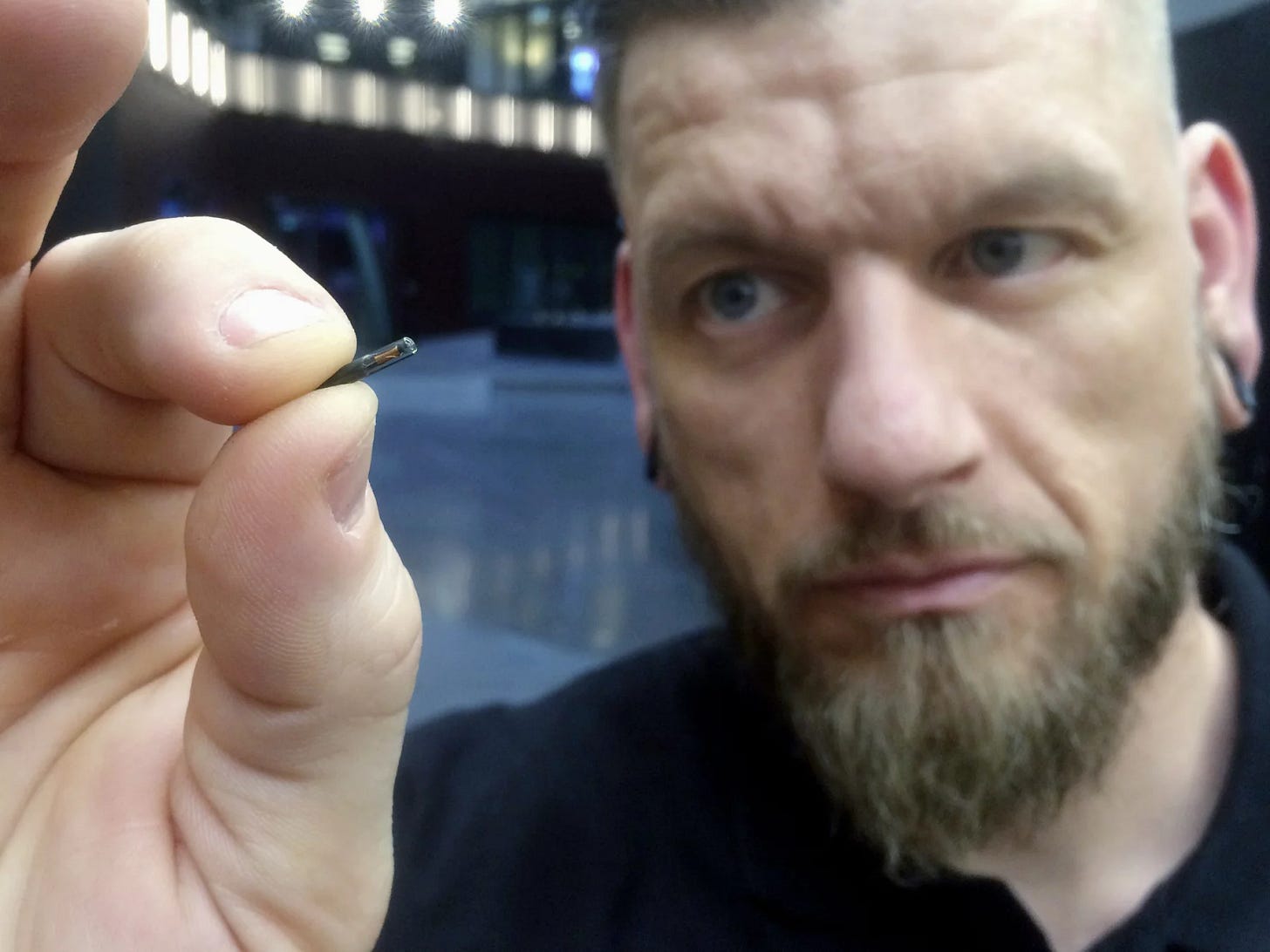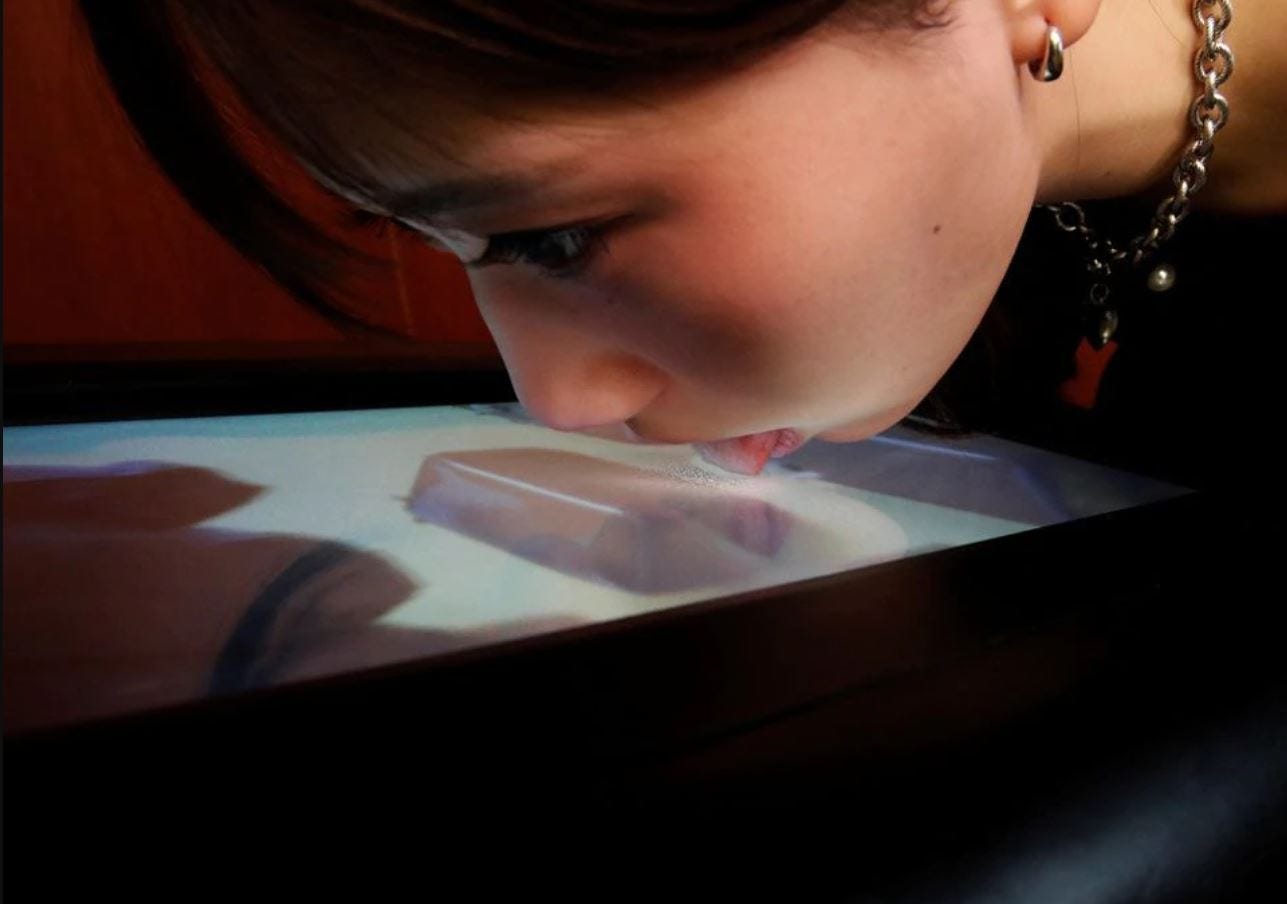Apple deserves praise, not blame, for its AirTag trackers
Apple is getting bad press because criminals are using AirTags. But in fact AirTags are the worst trackers for crime.
A woman in West Seneca, New York, got a strange pop-up on her iPhone. It said: “AirTag Found Moving with You.” Creeped out, but not knowing what to do, she drove to a police station where cops searched her car and found an Apple AirTag attached to the underside of her car’s bumper.
Canadian police this month announced that five car thefts were associated with AirTags. They claim that crooks spot target vehicles around town, stash an AirTag on the car somewhere, then later track the car to the owner’s driveway where they can steal it in the middle of the night.
These are examples of hundreds of cases where women were being stalked or cars being targeted. Some have speculated that AirTags could be used by home burglars to find out when people leave their house.
The press coverage on such events is alarmist and panicky. The Washington Post even called AirTags "creepy" and "unsettling."
But this completely misses the real story, which is that AirTags are in fact elegantly designed for privacy.
The truth is that GPS trackers of every description have been available cheaply online for decades. Many of these have been designed specifically for tracking and stalking people and sold in shady online “spy” shops, along with hidden cameras and remote listening devices.
It's also been easy to track people via their smartphones, or buy a cheap smartphone, plant it on someone's car and track them that way.
Years ago, a new class of consumer bluetooth trackers, designed to prevent you from losing your keys, wallet and dog, arose. Until Apple entered the market, the leader was a company called Tile.
So Apple's entry into the market with AirTags didn't create any new tracking or stalking capability.
Before Apple mainstreamed trackers, creeps and criminals knew all about tracking tools. And the public generally did not.
In fact, the only things new about Apple's AirTags are the extreme privacy protections that come as part of the package and the mainstream use of trackers, which raises awareness.
As with my first example above, AirTags themselves notify possible stalking victims. If an AirTag is found to be moving around near a phone other than the phone it's registered with, the owner of the phone is notified. They can tap a button to hear the AirTag beep. This is actually a brilliant feature.
Each AirTag is anonymous, but also contains a tag-specific number that can be theoretically traced to its owner by Apple working with law enforcement.
People finding AirTags can also notify owners without knowing who they are.
All this machine-to-machine chatter is encrypted, so it can't be intercepted.
The privacy of would-be crime victims is protected. But so is the privacy of users who innocently lose their tags.
Apple even built an Android app for Android users to detect AirTags — a rare case in which Apple is providing a free benefit to non-customers.
If readers of these alarmist AirTag stories are left with the impression that AirTags represent some kind of special risk for stalking victims or car owners or that they represent some kind of new crime wave, they have been misled.
AirTag-related crimes are very rare. Far less than 1% of stalking and car thefts involve AirTags.
For every instance where safety or property is put at risk from AirTags, there's likely to be 10,000 instances where AirTags help prevent stalking and theft. Especially theft.
Like this motorcycle enthusiast who found his stolen motorcycle because he attached an AirTag.
People leave their wallets, keys and other valuables in taxis and restaurants all the time. Theft exists and is rampant in many corners of the globe.
I've had my phone and wallet stolen twice in Spain. If I had AirTags then, as I do now, I probably could have recovered them.
AirTags are a huge convenience, and also give people some protection from loss or theft. Best of all, AirTags are an alternative to far less secure, less privacy invading alternatives that are widely available to criminals.
Mike’s List of Brilliantly Bad Ideas
1. Finally: Now you can carry a PDF in your arm!
Conspiracy theorists believe the covid vaccines are a plot by Bill Gates to inject a chip into people’s bodies. “Great idea!,” concluded one startup! A Swedish company called Dsruptive Subdermals, which makes multi-purpose embedded implantable chips, floated the idea of an implant that hyperlinks to an online PDF of one’s “vaccine passport” on a phone. The company’s managing director, Hannes Sjoblad, told the AFP that it means you can go to the movies without having to bring your phone and still prove you got vaccinated. (I believe some people just crave a dystopian cyberpunk future.)
2. Does this TV taste funny to you?
A Japanese professor invented taste-o-vision — a TV you can taste. Taste the TV, invented by Meiji University professor Homei Miyashita, isn’t some kind of high-tech electronic thing that stimulates taste buds. No, it’s literally an automated spray canister that sprays flavors on a TV screen, which you can taste by licking the TV. It would be a lot cheaper to just spray your own flavors on your TV screen before licking it.
3. Website makes people on Zoom calls think you’re busy
The Busy Simulator website is designed to make people think your laptop is going wild with notifications during Zoom calls, even though you’ve got nothing going on. Just pick your applications, and use the slider for notification-sound frequency. It’s the worst idea since the Boss Key.
4. Now your child doesn’t have to hold their phone anymore!
Kids spend way too much time looking down at a phone or tablet screen all day. The solution? The Buddy Bot! This device stand will hold your kids’ devices so they don’t have to! What’s next, a hovering Wall-E chair with Big Gulp cup holder?
Mike’s List of Shameless Self Promotions
You can safely ignore Web3
The cure for the funk you’re in
What cybersecurity professionals are wishing for this holiday season
The future of work is heading toward work from anywhere
Technology is to blame for the ‘Great Resignation’
Retail customer experience: How to keep pace with customer expectations









